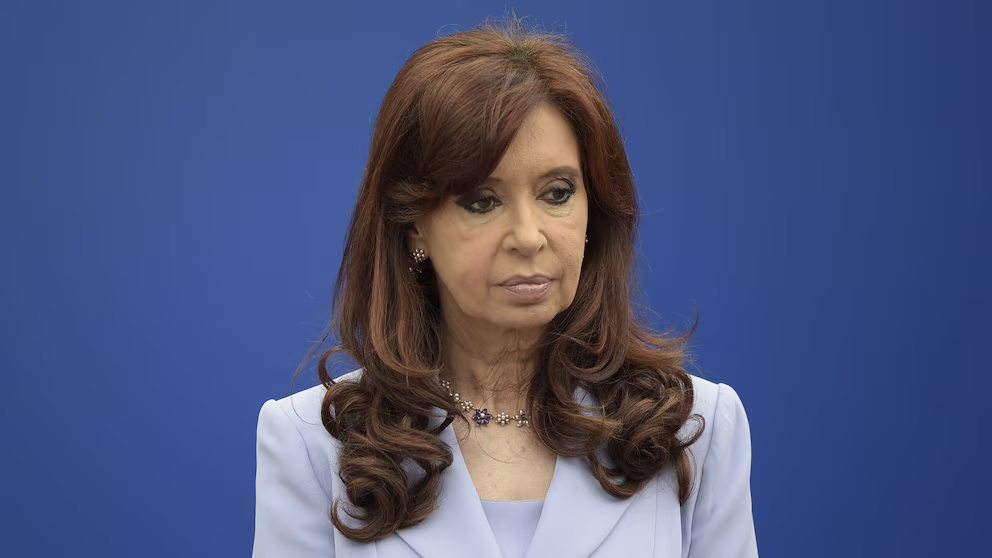Congress and corruption: Laws passed between 2003 and 2025

The recent Supreme Court ruling that upheld the conviction of Cristina Fernández de Kirchner in the Vialidad case has once again brought the functioning of the three branches of government in the face of corruption cases to the forefront. In this context, from Directorio Legislativo we analyzed how the Argentine National Congress has acted in recent years regarding oversight, transparency, and public integrity.
Congress plays a key role in preventing and controlling corruption, as part of its legislative duties and its oversight of the Executive Branch. Through the passage of laws, it establishes regulatory frameworks that require public officials to report possible acts of corruption, strengthens penalties for those who commit them, and promotes accountability mechanisms.
Anti-Corruption Activity in the National Congress between 2003 and 2025
Between 2003 and 2025, a total of 20 anti-corruption laws were passed in Argentina. The year with the highest legislative activity on this issue was 2016, when five laws were approved, marking a significant peak in the anti-corruption agenda. This timeframe allows us to observe a steady, although intermittent, regulatory evolution in legislative treatment.
Many of the laws included in the list focus on amendments to the Criminal Code, suggesting a legislative strategy aimed at reinforcing penalties and criminal definitions related to corruption offenses. Other laws aim to create specific bodies or programs (such as registries or protection systems), reflecting efforts to strengthen institutional oversight infrastructure. Lastly, laws on access to public information and transparency stand out, in line with international open government standards.
